Clearspace Secures A Major UK Contract to Help Clean Up Space
Artistic impression of the CLEAR servicer capturing a derelict satellite © ClearSpace
This year, the World Space Week’s theme is sustainability, which follows hotly on the Plan for Space Sustainability announced by the UK government in June. The plan outlines a raft of measures which will demonstrate the UK’s commitment, ambition and drive to improve the UK’s sustainable use of space, including the establishment of a new Space Sustainability Standard and a review of the regulatory framework.
With ever more satellites being launched, the need for policies, regulations and technological solutions to better manage our orbital ecosystem is in no doubt. In the South-Central region we are passionate about responsible space activities and share this vision to make space more sustainable and secure.
Professor of Space Autonomous Systems, Yang Gao, from the University of Surrey's School of Mechanical Engineering Sciences, is contributing to the Clear mission to remove two UK-registered derelict objects from low Earth orbit. Along with providing technical expertise in robotic arm design, robotic manipulation and control and relative navigation, she has also provided expert support on requirement definitions for Active Debris Removal (ADR) mission ConOps.
ClearSpace was founded in 2018 out of the realisation that in-orbit servicing and space debris removal are vital services for the future of space exploration and operations. They now lead a large consortium of partners with a vested interest in managing the congested space environment and have been working on the Clearing of the LEO Environment with Active Removal (CLEAR) mission. This mission will remove two derelict UK objects which have been inactive for more than 10 years. These objects are predicted to remain in orbit for at least the next 100 years before they naturally re-enter the atmosphere. Located in a very congested region of LEO, above 700 km altitude, they threaten the space environment and the safety of space operations.
Following successful completion of the CLEAR mission feasibility study, the consortium, including the University of Surrey, has been awarded a £2.2M follow-up contract by the UK Space Agency to perform the preliminary mission design stage. This design phase will last until October 2023 and will finish with the preliminary design review — an evaluation of the progress on the design and the technical adequacy of the proposed mission. The CLEAR mission is expected to advance key technology building blocks and is a catalyst for the development of commercially viable disposal services. The project is also expected to create more than seventy new direct jobs in the UK, as well as supporting indirect employment and supply chain opportunities.
Rory Holmes, ClearSpace UK Managing Director said:
“ClearSpace is honoured to work with the UK Space Agency to improve the safety and sustainability of our orbital neighbourhoods. We are excited to work with cutting-edge UK-based space companies – Alden Legal, AstroAgency, Critical Software, Deimos, MDA, Orbit Fab, Satellite Applications Catapult, University of Surrey’s STAR LAB – to make space debris removal a reality. The continuation of the CLEAR mission allows us to continue to develop state-of-the-art space technologies, such as complex robotics and AI-based algorithms, within the UK.”
Dr Paul Bate, Chief Executive of the UK Space Agency, said:
“As our reliance on space technologies increases rapidly and the UK becomes a global hub of satellite design, manufacturing and launch, we are committed to leading efforts to make space more sustainable. With 1,700 satellites launched last year alone, the need to safeguard the space environment for the benefit of everyone on Earth has never been more pressing. By catalysing investment, backing innovative new technologies and supporting a national mission to remove space debris, we can keep space open for future generations and protect the important satellite services that modern life depends on.”
Professor Yang Gao, Professor of Space Autonomous Systems, said:
“The University of Surrey is dedicated to supporting safe and sustainable space programmes, and we are committed to helping tidy up space. This project is an important part of building knowledge and expertise for future missions, as well as seeking to remove specific objects that pose a threat to working satellites in low earth orbit. We’re delighted to play a part.”
Watch this video from ClearSpace that describes their plans to address the future of space sustainability or read more about ClearSpace.

